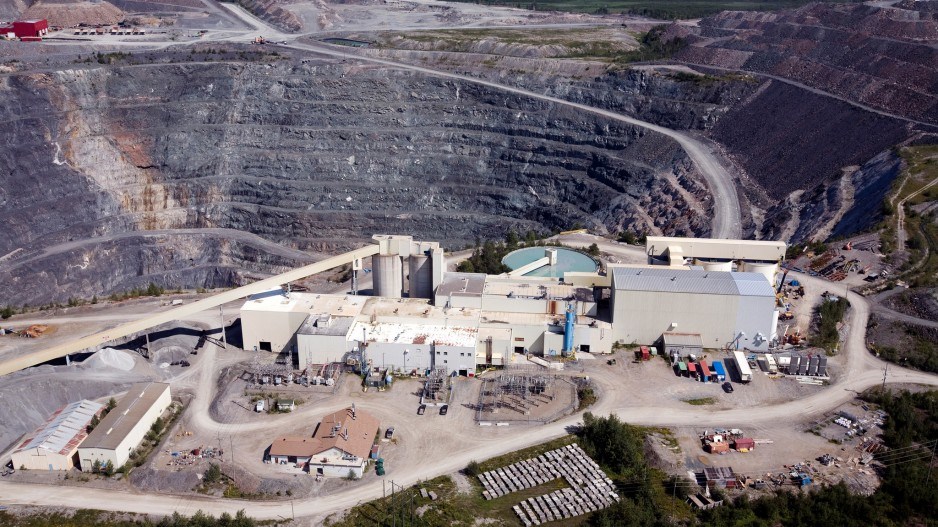Vancouver-based mining company Goldcorp Inc. (TSX:G; NYSE:GG) is causing a stir in the industry after announcing plans to develop an all-electric mine.
Located near Chapleau, Ontario, 160 kilometres west of the company’s Porcupine mine, the Borden mine site will be the future home of North America’s first fully electric mining operation.
“Governments around the world are signing on to different agreements to reduce greenhouse gas [GHG] emissions,” said Brent Bergeron, Goldcorp’s executive vice-president of corporate affairs and sustainability. “What we are trying to do is say, ‘How can we, as a company, be leaders alongside government?’”
In 2014, the mineral sector accounted for 4.3% of Canada’s total GHG emissions, according to Natural Resource Canada’s Mining Sector Performance Report. The mining sector accounts for roughly 9% to 11% of total Canadian energy usage and only very recently has there been a small decline in consumption.
With the removal of diesel-powered equipment from underground mines, the need for ventilation is dramatically reduced and environments are far safer for industry workers.
“With ventilation on demand, we have been able to lower our costs by about 30%,” said Bergeron. “Based on experience, we expect the Borden mine could reach approximately 50% in lower costs with regards to ventilation.”
Goldcorp stands to eliminate roughly 50% of total GHGs, or 5,000 tons of carbon dioxide per year, at the Borden mine by going electric only. The implementation of clean technology will save three million litres of diesel fuel, one million litres of propane and 35,000 megawatt hours of electricity every year.
When asked if Goldcorp’s initiative could trigger a wave of change in the industry, University of British Columbia mining engineering professor Scott Dunbar was skeptical.
“The mining industry is slow to pick up on things like this,” Dunbar said. “It is a good change but certainly not disruptive and will take time for the industry to get used to it.”
Goldcorp is the first mining company to undertake this kind of project, but as governments tighten emissions restrictions, innovations in the field are slowly becoming more commonplace. Last year, Vancouver-based company Teck Resources Ltd. (TSX:TCK.B; NYSE:TCK) used liquefied natural gas as an alternative form of fuel for its haul trucks in southeastern B.C.
“The mining industry is always looking for changes to eliminate GHGs,” Dunbar said. “[Goldcorp] is more or less conducting an experiment; they will be cautious and it will be closely watched in the industry.”
Bergeron acknowledged that in addition to more upfront costs, electrifying Borden has two main risks.
“One of them is the technology,” he said. “Whether or not the suppliers we are putting pressure on to develop our technology can provide us with what we need.”
To create the technology needed to sustain an all-electric mine, Goldcorp has partnered with Sandvik Mining and MacLean Engineering to produce a range of battery-operated drilling and blasting equipment, electric bolters, personnel carriers and a 40-tonne battery-powered haul truck.
Another potential dilemma stems from provincial labour laws and whether old regulations will be adapted to match advances in the field.
“We are working with the government of Ontario so those types of [safety] regulations are being modernized so that we can take full advantage of new technologies,” Bergeron said.
Compared with the other mine sites Goldcorp operates, Borden is regarded as a smaller-scale project, making it ideal to test-run new technology.
“We want to be seen as leading as opposed to reacting,” Bergeron said. “We look forward to the fact that we will be sharing a lot of information so that this type of technology and innovation can be applied to other companies as well.”




